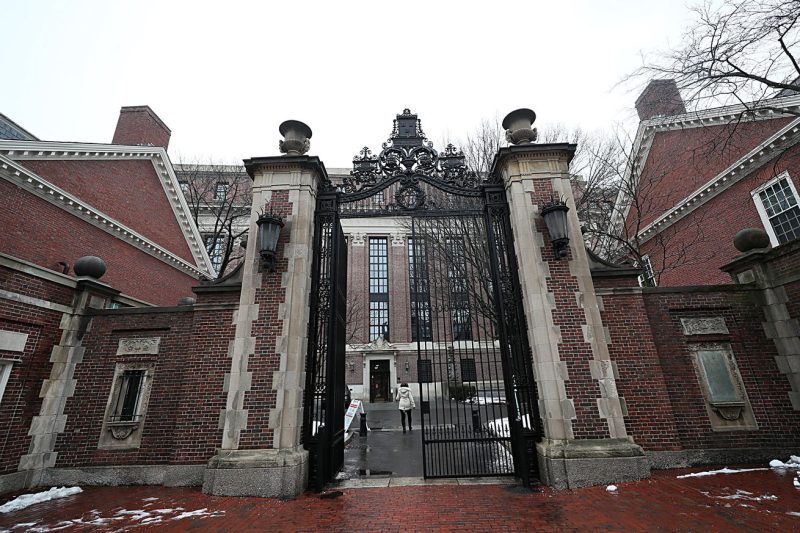Heading: The Cancellation of a Geoengineering Experiment: Understanding the Controversial Decision
Background of the Experiment
The cancelled experiment aimed to explore the concept of solar geoengineering by artificially cooling the Earth’s temperature through the injection of aerosols into the stratosphere. The project, known as the Stratospheric Controlled Perturbation Experiment (SCoPEx), was developed by scientists as a potential solution to counteract the effects of climate change caused by greenhouse gas emissions.
Reasons for the Cancellation
The decision to cancel the SCoPEx experiment was met with mixed reactions from the scientific community and the public alike. Several factors contributed to this controversial decision:
1. Ethical Concerns: One of the primary reasons for the cancellation was the ethical implications of geoengineering. Critics argued that altering the Earth’s climate through artificial means could have unintended consequences and potentially disrupt ecosystems and weather patterns.
2. Lack of Governance: The absence of clear regulations and governance frameworks for geoengineering projects raised concerns about the potential risks and impacts of such large-scale interventions. The lack of oversight and accountability further fueled skepticism about the safety and effectiveness of the experiment.
3. Public Opposition: The prospect of artificially manipulating the Earth’s climate sparked widespread public debate and opposition. Many individuals expressed apprehension about the potential risks associated with geoengineering and advocated for a more cautious approach to addressing climate change.
Discovery of New Risks
In addition to the ethical and governance concerns surrounding geoengineering, the SCoPEx experiment also revealed some unforeseen risks and challenges:
1. Unpredictable Consequences: Simulation models suggested that the injection of aerosols into the stratosphere could lead to unpredictable changes in weather patterns and global climate systems. The potential for unintended side effects underscored the need for thorough risk assessments and mitigation strategies.
2. Geopolitical Ramifications: The possibility of one country unilaterally implementing geoengineering measures raised concerns about the geopolitical implications of such actions. The lack of international cooperation and consensus on climate intervention strategies added another layer of complexity to the debate.
Lessons Learned and Future Directions
The cancellation of the SCoPEx experiment served as a wake-up call for the scientific community and policymakers to reevaluate the risks and benefits of geoengineering. Moving forward, several key lessons can be gleaned from this controversial decision:
1. Increased Dialogue and Transparency: Engaging in open discussions with stakeholders, including scientists, policymakers, and the general public, is crucial to ensure informed decision-making and build public trust in geoengineering research.
2. Enhanced Governance Mechanisms: Developing robust governance frameworks and international agreements is essential to address the ethical, legal, and social implications of geoengineering projects. Establishing clear guidelines and oversight mechanisms can help mitigate potential risks and promote responsible innovation in climate science.
3. Focus on Sustainable Solutions: While geoengineering may offer some short-term benefits in mitigating climate change, long-term sustainability requires a comprehensive approach that prioritizes emission reductions, renewable energy sources, and ecosystem conservation.
In conclusion, the cancellation of the SCoPEx experiment sheds light on the complex challenges and ethical dilemmas associated with geoengineering. By learning from this controversial decision and fostering collaboration among diverse stakeholders, we can chart a more sustainable path towards climate resilience and environmental stewardship.
